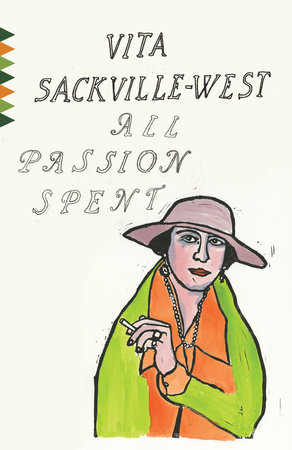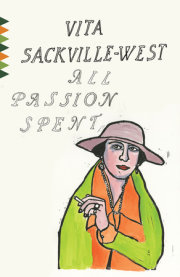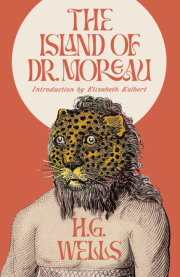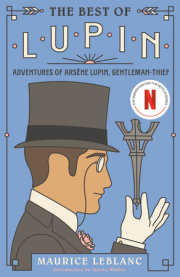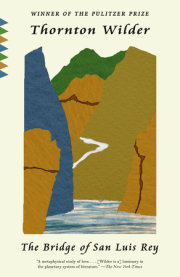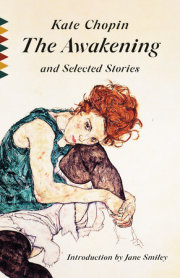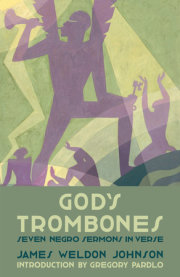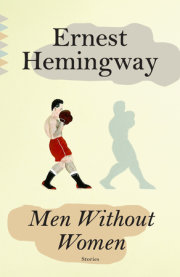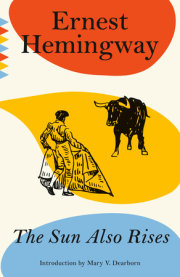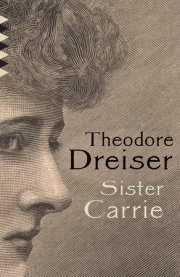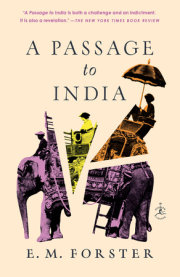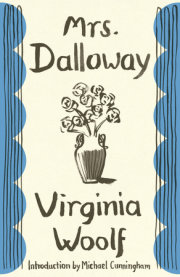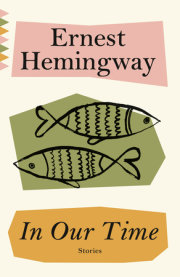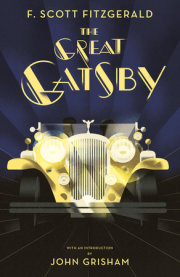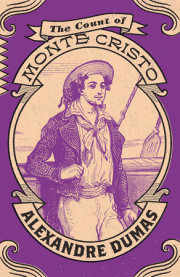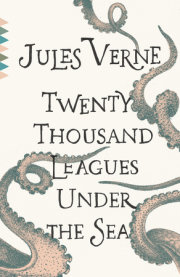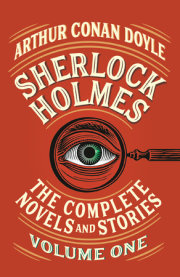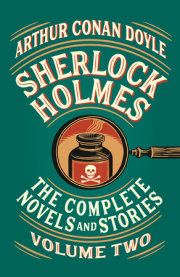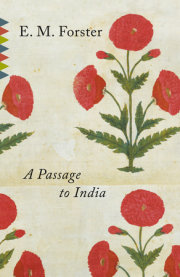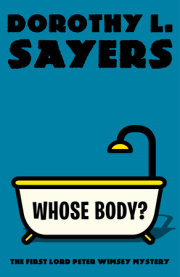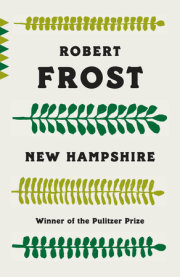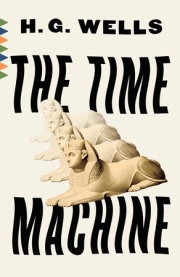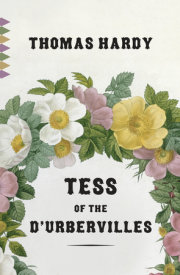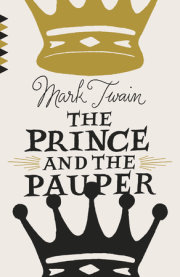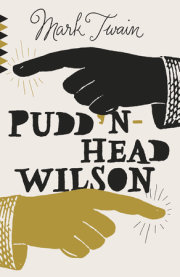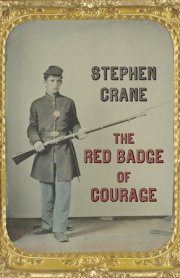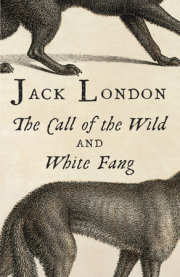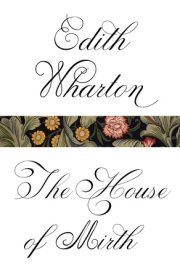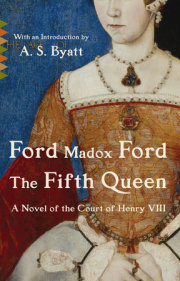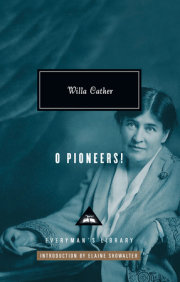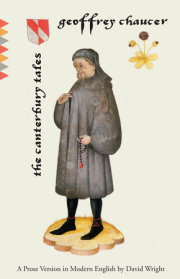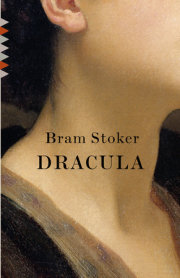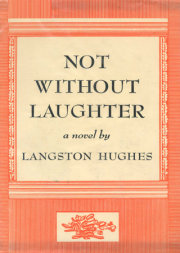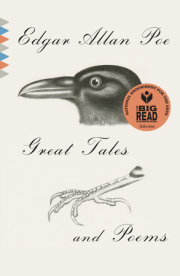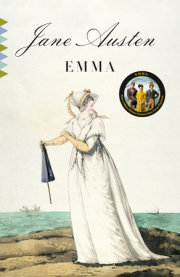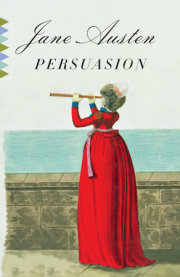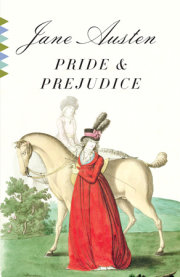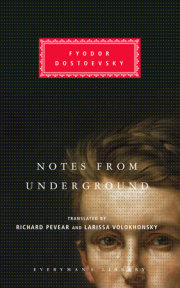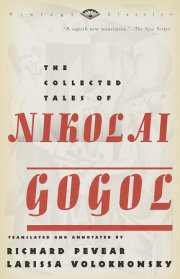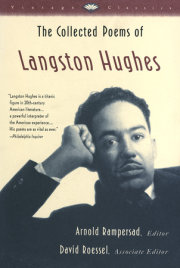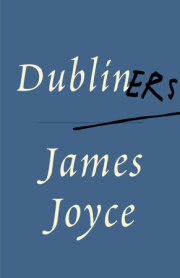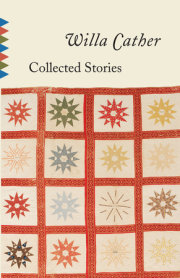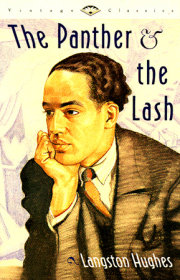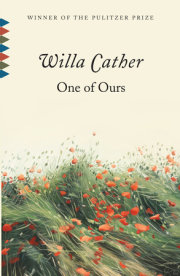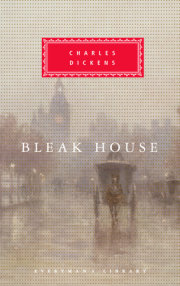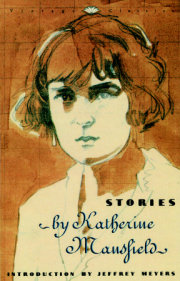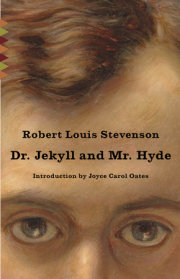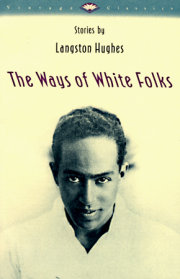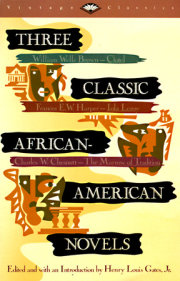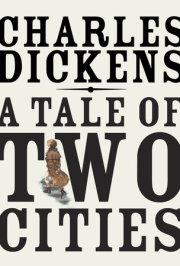Henry Lyulph Holland, first Earl of Slane, had existed for so long that the public had begun to regard him as immortal. The public, as a whole, finds reassurance in longevity, and, after the necessary interlude of reaction, is disposed to recognise extreme old age as a sign of excellence. The long-liver has triumphed over at least one of man’s initial handicaps: the brevity of life. To filch twenty years from eternal annihilation is to impose one’s superiority on an allotted programme. So small is the scale upon which we arrange our values. It was thus with a start of real incredulity that City men, opening their papers in the train on a warm May morning, read that Lord Slane, at the age of ninety-four, had passed away suddenly after dinner on the previous evening. ‘Heart failure,’ they said sagaciously, though they were actually quoting from the papers; and then added with a sigh, ‘Well, another old landmark gone.’ That was the dominant feeling: another old landmark gone, another reminder of insecurity. All the events and progressions of Henry Holland’s life were gathered up and recorded in a final burst of publicity by the papers; they were gathered together into a handful as hard as a cricket-ball, and flung in the faces of the public, from the days of his ‘brilliant university career,’ through the days when Mr Holland, at an astonishingly early age, had occupied a seat in the Cabinet, to this very last day when as Earl of Slane, K.G., G.C.B., G.C.S.I., G.C.I.E., etc. etc. – his diminishing honours trailing away behind him like the tail of a comet – he had drooped in his chair after dinner, and the accumulation of ninety years had receded abruptly into history. Time seemed to have made a little jump forward, now that the figure of old Slane was no longer there with outstretched arms to dam it back. For some fifteen years he had taken no very active part in public life, but he had been there, and on occasion the irrefutable suavity, common sense, and mockery of his eloquence in Parliament had disturbed, though it could not actually arrest, his more extreme colleagues upon the brink of folly. Such pronouncements had been rare, for Henry Holland had always been a man to appreciate the value of economy, but by their very rarity they produced a wholesome sense of uneasiness, since men knew them to be backed up by a legend of experience: if the old man, the octogenarian, the nonagenarian, could bestir himself to the extent of stalking down to Westminster and unburdening himself, in his incomparable way, of opinions carefully, soberly, but cynically gestated, then the Press and the public were compelled into attention. Nobody had ever seriously attacked Lord Slane. Nobody had ever accused Lord Slane of being a back-number. His humour, his charm, his languor, and his good sense, had rendered him sacrosanct to all generations and to all parties; of him alone among statesmen and politicians, perhaps, could that be said. Perhaps, because he seemed to have touched life on every side, and yet never seemed to have touched life, the common life, at all, by virtue of his proverbial detachment, he had never drawn upon himself the execration and mistrust commonly accorded to the mere expert. Hedonist, humanist, sportsman, philosopher, scholar, charmer, wit; one of those rare Englishmen whose fortune it is to be born equipped with a truly adult mind. His colleagues and his subordinates had been alternately delighted and infuriated by his assumed reluctance to deal with any practical question. It was difficult to get a yes or a no out of the man. The more important a question was, the more flippantly he dealt with it. ‘Yes,’ he would write at the bottom of a memorandum setting forth the advantages of two opposite lines of policy; and his myrmidons passed their hands over their brows, distraught. He was destroyed as a statesman, they said, because he always saw both sides of the case; but even as they said it with exasperation, they did not mean it, for they knew that on occasion, when finally pushed into a corner, he would be more incisive, more deadly, than any man seated four-square and full of importance at a governmental desk. He could cast his eye over a report, and pick out its heart and its weakness before another man had had time to read it through. In his exquisitely courteous way, he would annihilate alike the optimism and the myopia of his correspondent. Courteous always, and civilised, he left his competitors dead.
His personal idiosyncrasies, too, were dear to the public as to the caricaturists; his black satin stock, his eyeglass swung on an extravagantly wide ribbon, the coral buttons to his evening waistcoat, the private hansom he maintained long after motors had come into fashion – by all this was he buttressed through the confused justice and injustice of legend; and when, at the age of eighty-five, he finally succeeded in winning the Derby, no man ever received a greater ovation. His wife alone suspected how closely those idiosyncrasies were associated with a settled policy. The least cynical of people by nature, she had learned to lay a veneer of cynicism over herself after seventy years’ association with Henry Holland. ‘Dear old man,’ said the City men in the train; ‘well, he’s gone.’
He was gone indeed, very finally and irretrievably gone. So thought his widow, looking down at him as he lay on his bed in Elm Park Gardens. The blinds were not lowered, for he had always stipulated that when he came to die the house should not be darkened, and even after his death nobody would have dreamed of disobeying his orders. He lay there in the full sunlight, sparing the stone-mason the trouble of carving his effigy. His favourite great-grandchild, to whom everything was permitted, had often twitted him, saying that he would make a handsome corpse; and now that the joke had become a reality, the reality gained in impressiveness for having been anticipated by a joke. His was the type of face which, even in life, one associates prophetically with the high dignity of death. The bony architecture of nose, chin, and temples, stood out in greater relief for the slight sinking of the flesh; the lips took a firmer line, and a lifetime of wisdom lay sealed behind them. Moreover, and most importantly, Lord Slane looked as soigné in death as he had looked in life. ‘Here,’ you would say, even though the bedclothes covered him, ‘is a dandy.’
Yet, for all its dignity, death brought a revelation. The face which had been so noble in life lost a trifle of its nobility in death; the lips which had been too humorous to be unpleasantly sardonic now betrayed their thinness; the carefully concealed ambition now revealed itself fully in the proud curve of the nostril. The hardness which had disguised itself under the charming manner now remained alone, robbed of the protection of a smile. He was beautiful, but he was less agreeable. Alone in the room his widow contemplated him, filled with thoughts that would greatly have surprised her children, could they but have read her mind.
Her children, however, were not there to observe her. They were collected in the drawing-room, all six of them; two wives and a husband bringing the number up to nine. A sufficiently formidable family gathering – old, black ravens, thought Edith, the youngest, who was always flustered and always trying to confine things into the shape of a phrase, like pouring water into a ewer, but great gouts of meaning and implication invariably ran over and slopped about and were lost. To attempt to recapture them after they had spilt was as hopeless as trying to hold the water in your hand. Perhaps, if one had a notebook and pencil always ready – but then the thought would be lost while one was looking for the right word; and, moreover, it would be difficult to use a notebook without everybody seeing. Shorthand? – but one must not let one’s thoughts run on like this; one must discipline one’s mind, keeping one’s attention on the present matter, as other people seemed to do without any difficulty; though, to be sure, if one had not learnt that lesson by the time one was sixty, one was never likely to learn it. A formidable family gathering, thought Edith, coming back: Herbert, Carrie, Charles, William, and Kay; Mabel, Lavinia; Roland. They went in groups: the Hollands themselves, the sisters-in-law, the brother-in-law; then they sorted themselves differently: Herbert and Mabel, Carrie and Roland; Charles; William and Lavinia; and then Kay all by himself. It was not often that they all met together, none missing – curious, Edith thought, that Death should be the convener, as though all the living rushed instantly together for protection and mutual support. Dear me, how old we all are. Herbert must be sixty-eight, and I’m sixty; and Father was over ninety, and Mother is eighty-eight. Edith, who had begun making a sum of their total ages, surprised them all very much by asking, ‘How old are you, Lavinia?’ Thus taken aback, they rebuked Edith by their stare; but that was Edith all over, she never listened to what was being said, and then suddenly came out with some irrelevant remark. Edith could have told them that all her life she had been trying to say what she meant, and had never yet succeeded. Only too often, she said something precisely the opposite of what she wanted to say. Her terror was that she should one day use an indecent word by mistake. ‘Isn’t it splendid that Father is dead,’ she might say, instead of, ‘Isn’t it terrible’; and there were other possibilities, even more appalling, by which one might use a really dreadful word, the sort of word that butcher-boys scrawled in pencil on the white-washed walls of the basement passage, and about which one had to speak, most evasively, to the cook. An unpleasant task; the sort of task that fell to Edith in Elm Park Gardens and to a thousand Ediths all over London. But of these preoccupations her family knew nothing.
They were gratified now to see that she blushed, and that her hands went up nervously to fiddle with the grey strands of her hair; the gesture implied that she had not spoken. Having reduced her to this confusion, they returned to their conversation, suitably hushed and mournful. Even the voices of Herbert and Carrie, habitually insistent, were lowered. Their father lay upstairs, and their mother was with him.
‘Mother is wonderful.’
Over and over, thought Edith, they had reiterated that phrase. Surprise was in their accents, as though they had expected their mother to rant, rave, scream, give herself up for lost. Edith knew very well that her brothers and sister privately entertained a theory that their mother was rather a simpleton. From time to time she let fall remarks that could not be reconciled with ordinary sense; she had no grasp on the world as it was; she was apt to say impetuous things which, although uttered in English, made no more sense than had they been uttered in an outer-planetary language. Mother was a changeling, they had often said politely, in the bitter-sweet accents reserved for a family joke; but now in this emergency they found a new phrase: Mother is wonderful. It was the thing they were expected to say, so they said it, several times over, like a refrain coming periodically into their conversation and sweeping it upwards on to a higher level. Then it drooped again; became practical. Mother was wonderful, but what was to be done with Mother? Evidently, she could not go on being wonderful for the rest of her life. Somewhere, somehow, she must be allowed to break down, and then, after that was over, must be stowed away; housed, taken care of. Outside, in the streets, the posters might flare: death of Lord Slane. The journalists might run up and down Fleet Street assembling their copy; they might pounce on the pigeon-holes – that macabre columbarium – where the obituary notices were stored in readiness; they might raid each other’s information: ‘I say, is it true that old Slane always carried his cash in coppers? wore crêpe soles? dipped his bread in his coffee?’ Anything to make a good paragraph. Telegraph-boys might ring the bell, propping their red bicycles against the kerb, delivering their brown messages of condolence, from all over the world, from all parts of the Empire, especially where Lord Slane had served his term of government. Florists might deliver their wreaths – already the narrow hall was full of them – ‘indecently soon,’ said Herbert, peering jealously nevertheless at the attached cards through his monocle. Old friends might call – ‘Herbert – so dreadfully sudden – of course, I didn’t expect to see your dear Mother—’ But obviously they had expected it, had expected to be the sole exception, and Herbert must turn them away, rather enjoying it: ‘Mother, you understand, is naturally rather overcome; wonderful, I must say; but just at present, you’ll understand, I’m sure, is seeing nobody but Us’; and so with many pressings of Herbert’s hand they took their departure, having got no further than the hall or the doorstep. Reporters might loiter on the pavement, dangling cameras like black concertinas. All this might go on outside the house, but inside it, upstairs, Mother was with Father and the problem of her future lay heavy upon her sons and daughters.
Copyright © 2017 by Vita Sackville-West. All rights reserved. No part of this excerpt may be reproduced or reprinted without permission in writing from the publisher.

